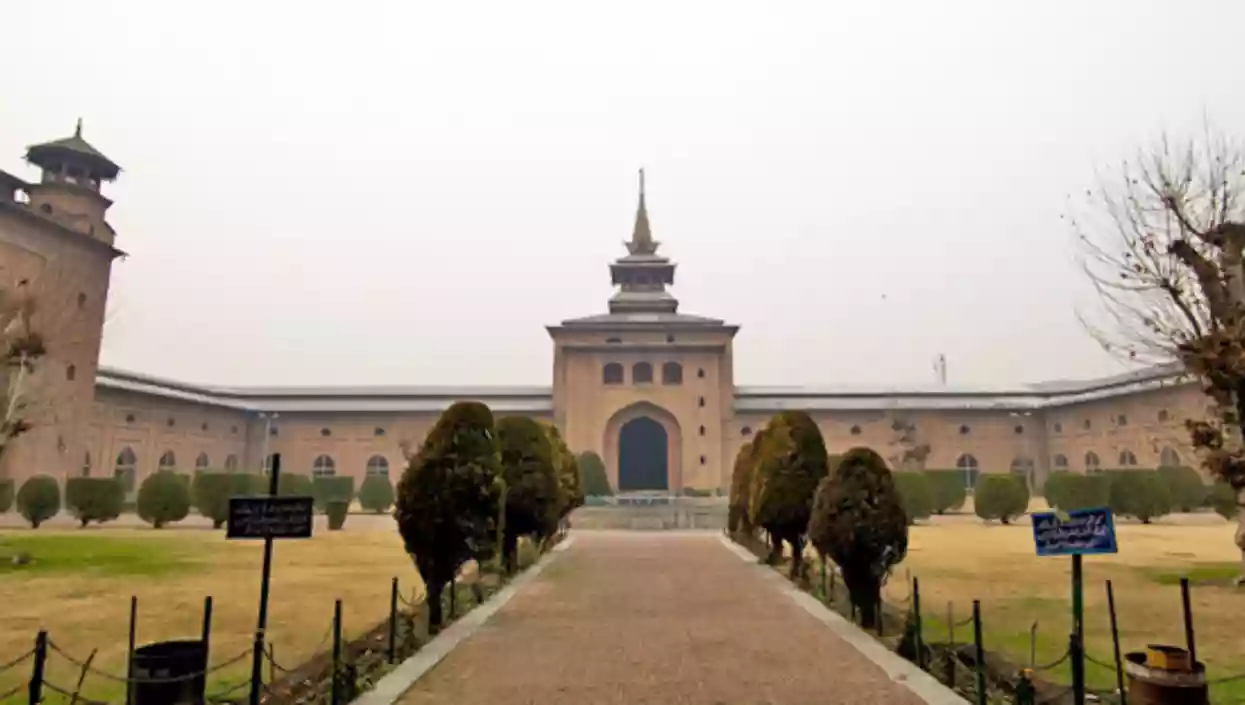.gif)
.gif)

The Jammu and Kashmir Police restricted congregational prayers at Srinagar’s historic Jamia Masjid on the night of Shab-e-Baraat, one of the holiest nights in the Islamic calendar. Authorities ordered the gates of the mosque to be closed after Asr prayers, preventing worshippers from offering night prayers.
Mirwaiz Umar Farooq, Kashmir’s chief cleric and the designated sermon speaker for the night, was placed under house arrest at his residence in Srinagar. The Anjuman Auqaf Jama Masjid, which manages the mosque, confirmed that police personnel asked worshippers to vacate the premises and informed them that night prayers would not be allowed.
The decision sparked criticism from political leaders, with Jammu and Kashmir’s Chief Minister Omar Abdullah calling the move “unfortunate.” He expressed disappointment over the administration’s lack of trust in the people and law enforcement. “This decision betrays a lack of confidence in the law-and-order machinery that calm won’t prevail without extreme measures. The people of Srinagar deserved better,” Abdullah wrote on X (formerly Twitter).
While the Jammu and Kashmir Police did not issue an official statement on the restriction, the Kashmir Zone Police posted a message on X, extending greetings for Shab-e-Baraat and wishing for harmony and prosperity. However, the absence of a formal explanation further fueled public outrage.
The Anjuman Auqaf Jama Masjid also condemned the repeated closures of the mosque on significant religious occasions. In a statement, the organization said, “It is deeply unfortunate that every time an important religious occasion arrives, people who visit the Jama Masjid are left disappointed to find the mosque forcibly closed and Mirwaiz Umar Farooq barred from fulfilling his religious responsibilities.”
The recurring restrictions on Mirwaiz Umar Farooq, who has faced house arrests multiple times in recent years, continue to be a contentious issue in the region. Many see these actions as an infringement on religious freedom, while authorities justify such measures as precautionary steps for maintaining law and order.